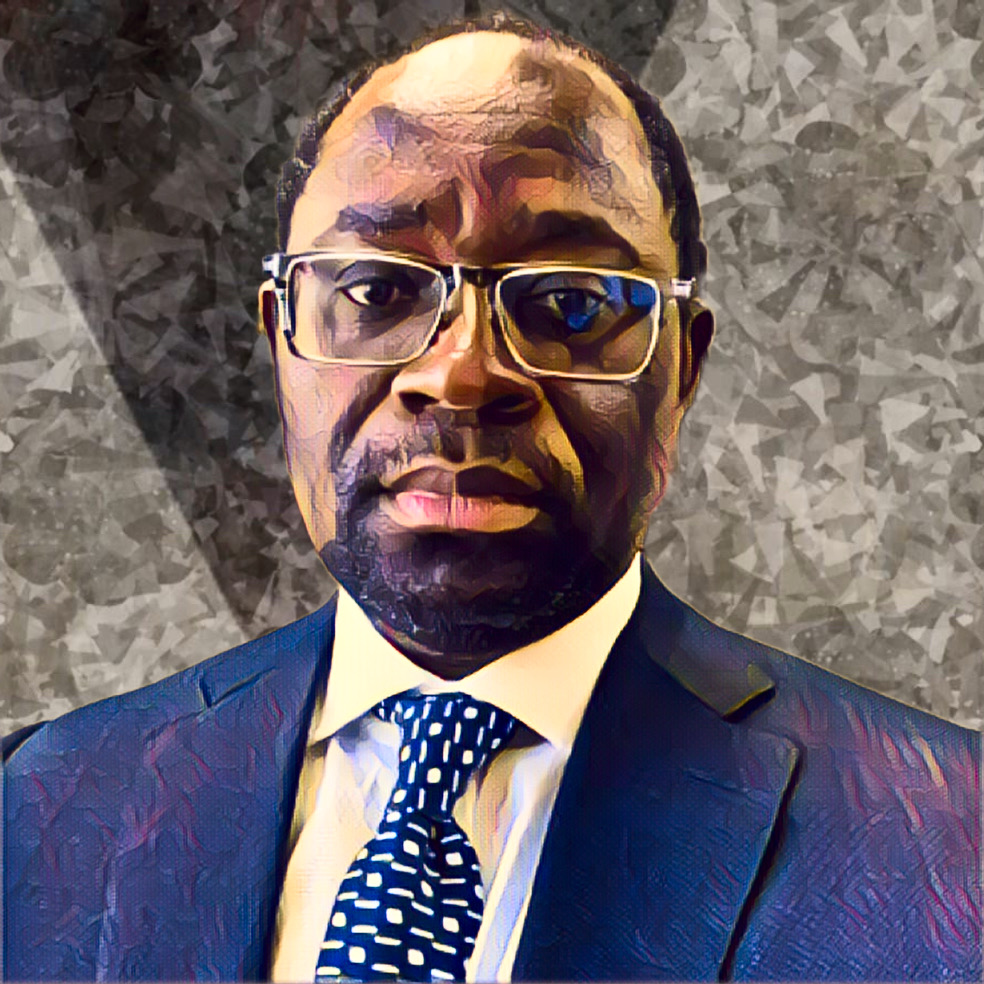Professor Richard Frimpong Oppong is the subject of controversy as one of President Nana Akufo-Addo’s candidates to the Supreme Court. His previous articles, in particular one that advocates for same-sex couples’ property rights to be protected, are the subject of the debate. This position has alarmed the Anti-LGBTQ bill’s proponents, who see his candidacy as a possible challenge to their attempts to make homosexuality a crime in Ghana.
The nominee was subjected to intense interrogation by the Appointments Committee during its deliberations, particularly from Rockson Dafeamekpor, the Member of Parliament for South Dayi. In light of Professor Oppong’s possible impact on the future of the anti-LGBTQ measure should he be approved as a Supreme Court justice, Dafeamekpor, speaking for the National Democratic Congress (NDC), voiced serious concerns. He implied that the nominee’s past views might lead him to challenge or even overturn the bill, should it become law.
Dafeamekpor did not mince words in expressing his concerns. He pointed out that Professor Oppong’s previous advocacy for the property rights of same-sex couples could be a precursor to broader support for LGBTQ rights, which is in direct opposition to the bill’s intent. According to Dafeamekpor, such a stance could undermine the efforts of the bill’s sponsors, who have been working tirelessly to ensure the legislation’s passage.
The scrutiny of Professor Oppong’s views stems from an article he authored, which calls for the legal recognition and protection of property rights for same-sex couples. This article, though academic in nature, has become a focal point in the discussions surrounding his nomination. The MP for South Dayi suggested that this writing indicates a predisposition toward protecting LGBTQ rights, which could pose a significant challenge to the Anti-LGBTQ bill if Professor Oppong were to influence judicial decisions in his role as a Supreme Court justice.
However, Professor Oppong strongly defended his position during the committee hearing. He clarified the context and content of the article in question, emphasizing that his views were not intended to promote any particular agenda. Instead, he explained that the article was focused on a legal discussion concerning property rights, a subject that he argued should be considered independently of broader social or moral issues.
In his defense, Professor Oppong stated, “I have clearly explained the subject matter that I wrote about. I have indicated the caveat that we put in the paper.” He stressed that his role as a potential Supreme Court justice would be to interpret and apply the laws of Ghana, rather than to advance personal opinions or views on contentious social issues. According to him, a judge’s responsibility is to uphold the law, whatever it may be, and not to use their position to influence or change it.
He further asserted, “If you approve me as a justice of the Supreme Court, my responsibility is to apply the laws of Ghana. And I clearly indicated to you what the law of Ghana is, or once the bill is assented, what the law of Ghana will be. The responsibility of a judge is to apply the law, not to espouse any views through their judgment. That would be a totally wrong use of the judiciary rule.”
Despite Professor Oppong’s reassurances, the concerns raised by the Anti-LGBTQ bill’s sponsors remain significant. They argue that the judiciary’s interpretation of the law could be swayed by personal beliefs, particularly in cases where the law is not yet fully settled. The apprehension is that a Supreme Court justice with previously expressed views favoring LGBTQ rights could interpret the law in ways that undermine the intent of the Anti-LGBTQ bill.
Meanwhile, the Appointments Committee has found itself in a difficult position. The approval of the two individuals nominated by President Akufo-Addo to the Supreme Court, including Professor Oppong, is currently uncertain. The committee has so far been unable to reach a consensus on whether to endorse the nominees, reflecting the deep divisions within the committee and, by extension, the broader political landscape.




